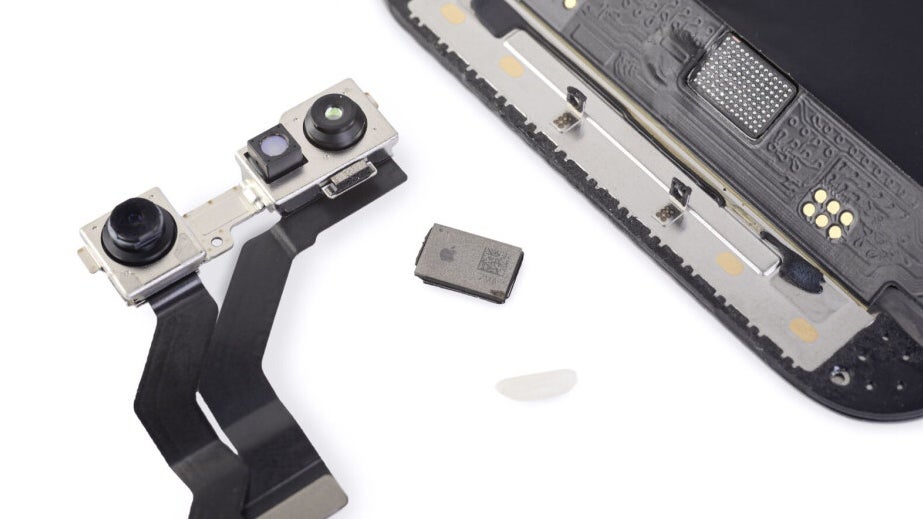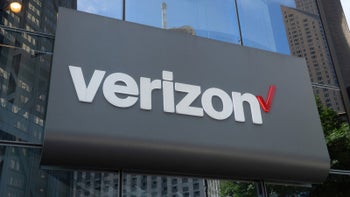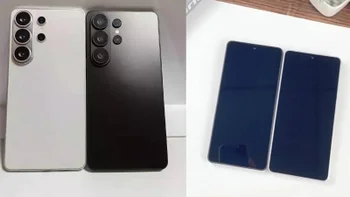Replacing your iPhone 13 display no longer risks breaking Face ID on latest iOS beta

As the more tech savvy Apple fans may be aware, the company adds a microcontroller chip to its iPhone displays, which has been a thorn in the side of anyone looking to replace a cracked or otherwise broken display on their own. As when an iPhone display is replaced, that same microcontroller has to be added to the new screen from the original glass, or else Face ID will refuse to work.
It's a process so complex that even many independent repair shops are likely to end up breaking Face ID during an iPhone screen replacement, with the whole idea being, of course, for users to rely on Apple Authorized Service Providers instead.
However, as we recently reported, Apple apparently changed its mind on DIY repairs, telling The Verge that following a future software update, changing your iPhone display yourself, or through an unauthorized repair shop, won't disable Face ID anymore if the microcontroller isn't present.
And now, DIY YouTuber iCorrect has confirmed to have successfully replaced an iPhone 13 display without breaking Face ID and without having to deal with the complex process of relocating the microcontroller inside.

Apparently, the first software update to make this possible is now available in the form of iOS 15.2 Beta, which is unavailable to the general public, but that update will roll over in a public iOS update eventually, so things are looking good.
A message still pops out on iOS 15.2 Beta alerting the user that their new iPhone display may not be a genuine Apple part, but the important thing is Face ID still works.
All this comes around the same time Apple announced its new Self Service Repair program, allowing users access to the necessary Apple parts to repair the battery, display, and camera on their iPhones themselves, if they wish to do so. The iPhone 12 and iPhone 13 will be the first Apple products to be part of this program, which itself will be launching early next year.
However, as we recently reported, Apple apparently changed its mind on DIY repairs, telling The Verge that following a future software update, changing your iPhone display yourself, or through an unauthorized repair shop, won't disable Face ID anymore if the microcontroller isn't present.

iOS 15.2 Beta doesn't punish you for replacing your own iPhone display
Apparently, the first software update to make this possible is now available in the form of iOS 15.2 Beta, which is unavailable to the general public, but that update will roll over in a public iOS update eventually, so things are looking good.
All this comes around the same time Apple announced its new Self Service Repair program, allowing users access to the necessary Apple parts to repair the battery, display, and camera on their iPhones themselves, if they wish to do so. The iPhone 12 and iPhone 13 will be the first Apple products to be part of this program, which itself will be launching early next year.
Follow us on Google News













Things that are NOT allowed:
To help keep our community safe and free from spam, we apply temporary limits to newly created accounts: